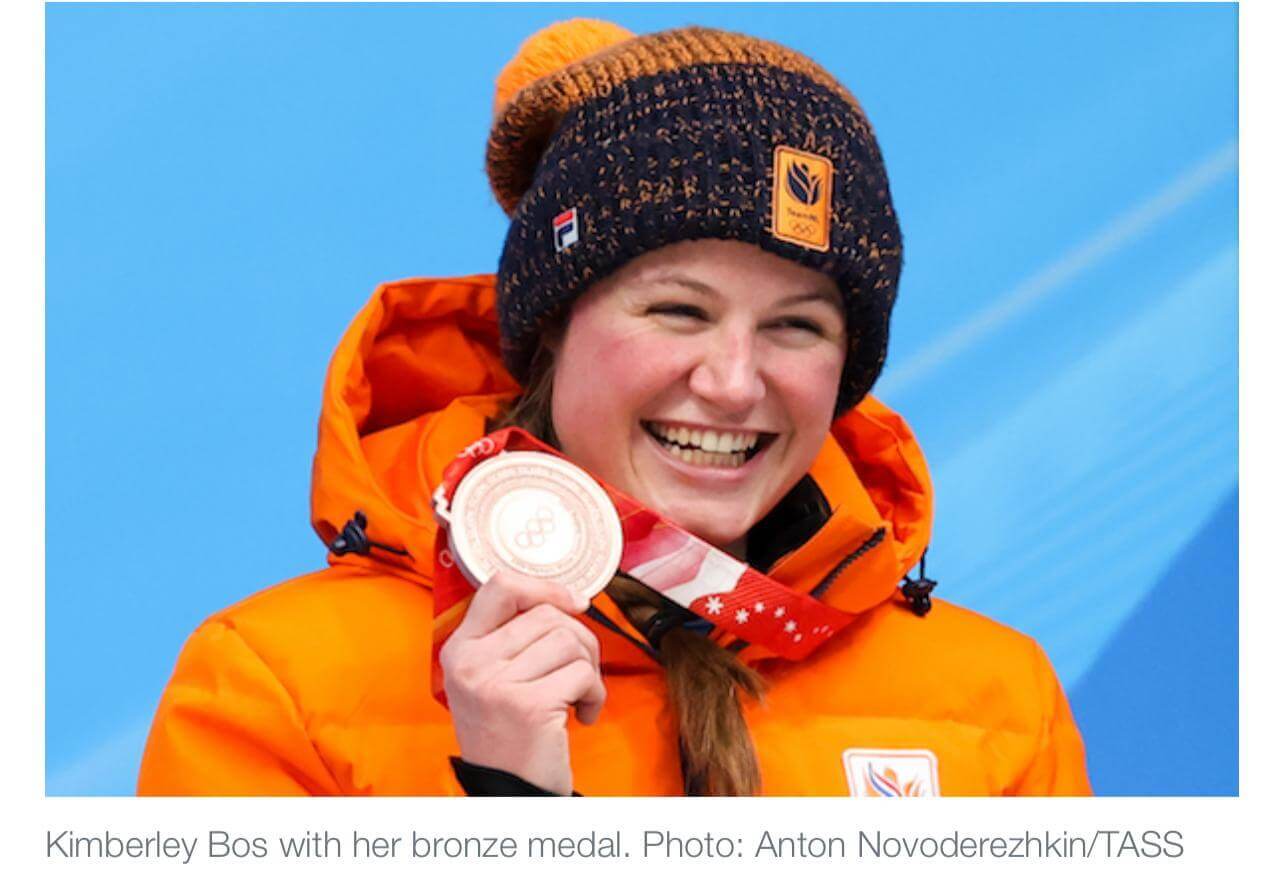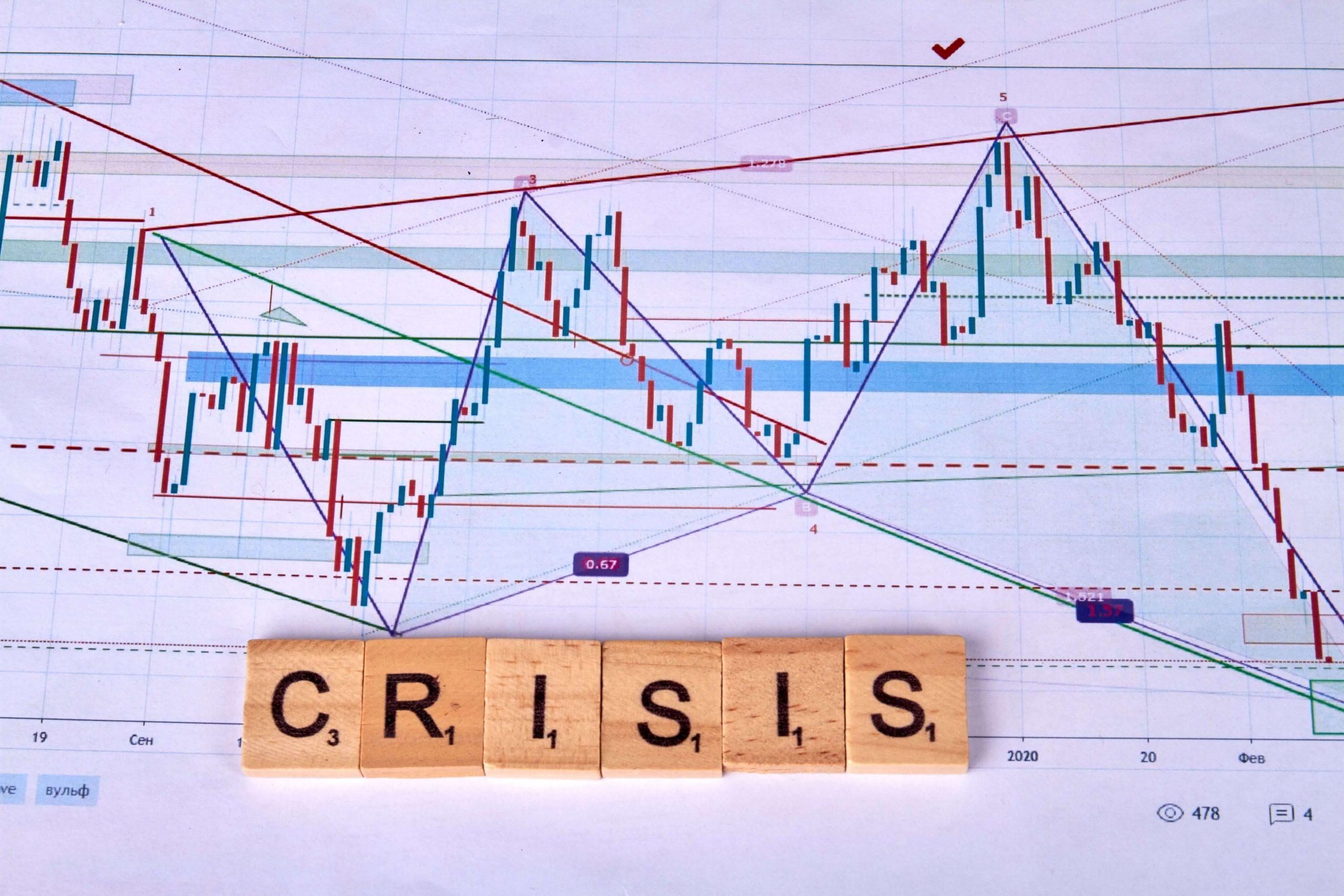A COVID-19 booster vaccination is an extra dose of vaccine that is administered after a longer period, after the basic series of COVID-19 vaccinations has been completed.
This booster vaccination is intended to give an extra ‘boost’ that can improve the effectiveness of the primary vaccination series.
A booster jab is needed if the protective effect of the primary course of vaccines decreases too much over time, or if vaccinations prove to be less effective in protecting against new variants of a virus, such as the Omicron variant.
For the entire population, the COVID-19 vaccines still provide very effective protection against serious illness and hospital admission: 94% against hospital admission and 97% against ICU admission.

However, protection against hospital admission is decreasing slightly. Older people may have slightly less protection after the first two vaccinations, compared to young people.
Advisory reports of the Health Council of the Netherlands
In its advisory report of 2 November 2021, the Health Council of the Netherlands recommended offering a booster vaccination
to people aged 60 and older and people in care institutions (aged 18 years and older).
In its advisory report of 17 November 2021, the Health Council also recommended offering a booster vaccination to adults with Down syndrome.
They have a higher risk of serious illness and death from COVID-19, comparable to older people
On 25 November 2021, the Health Council recommended also offering a booster vaccination to everyone under 60.
When to get the booster –
You can get the COVID-19 booster vaccination from 3 months after the last vaccination in their basic series of COVID-19 vaccinations.
People who had COVID-19 after their last vaccination can get the COVID-19 booster vaccination from 3 months after they had COVID.
Timeline –
All adults in the Netherlands will be able to get a booster jab. Based on the advisory reports of the Health Council of the Netherlands, the booster vaccination will be offered starting with people aged 60 and over, people living in residential care institutions and people with Down syndrome.
Care workers will also be among the first to be offered a booster vaccination. This is to prevent them from falling ill, which would put more pressure on the healthcare system













